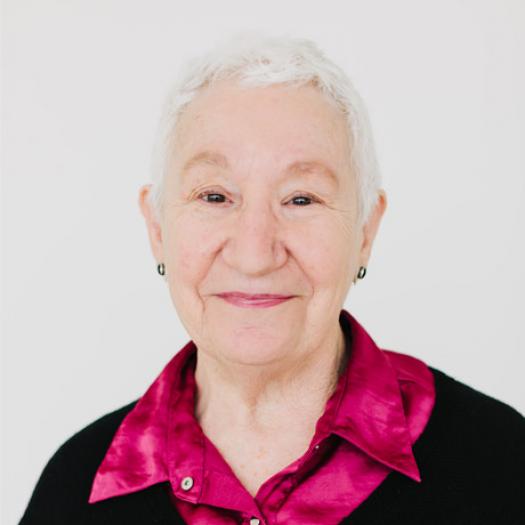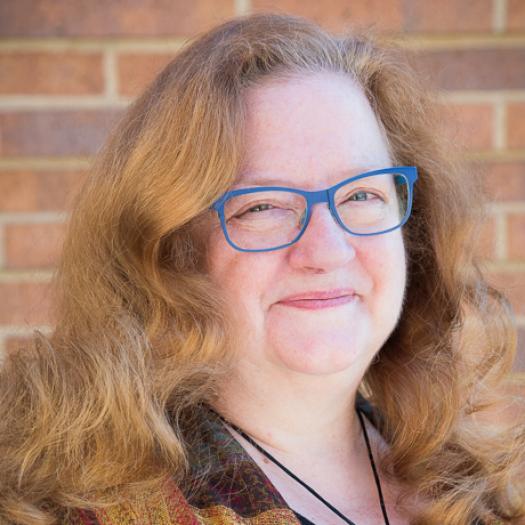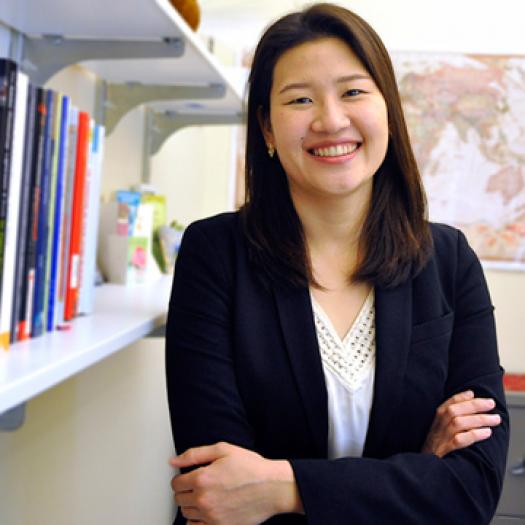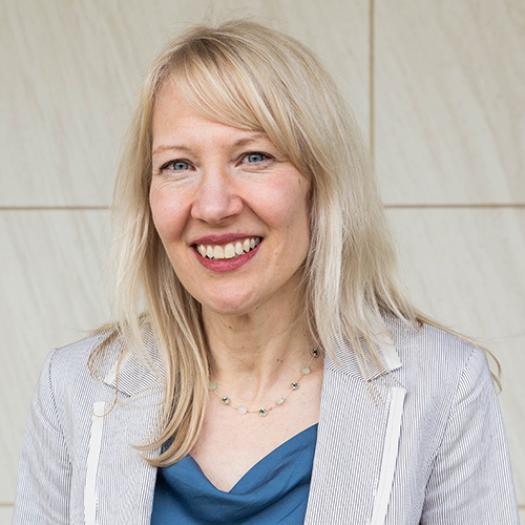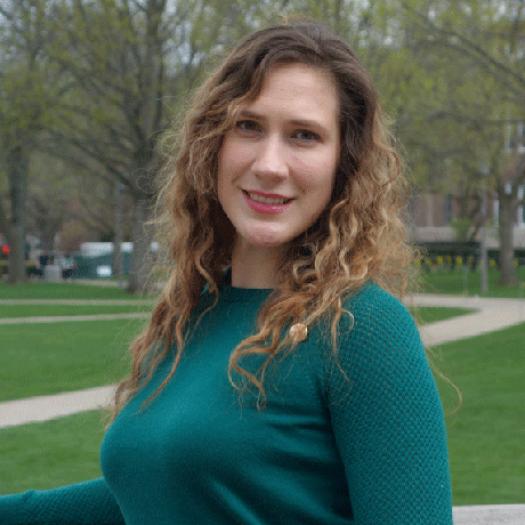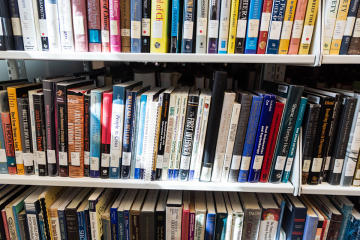Library and Information Science (MS)
In the Master of Library and Information Science (MS) program at Simmons University, students thrive in classes brought to life by professors who bring their real-world experience into their instruction.
The passions and skills of Library and Information Science students are well-served by Archives Management, Cultural Heritage Informatics, Information Science and Technology, Libraries and Librarianship, and School Library Teacher program concentrations.
The Master’s in Library Science Design-Your-Own curriculum, as well concentrations in Archives Management and Information Science and Technology, can be completed entirely online. In addition to face-to-face classroom options in Boston and at SLIS West (Greenfield and Amherst, Massachusetts), students can embark on a blended approach, combining online and face-to-face courses that meet their academic needs.
With program benefits like online learning and multiple campus locations, Simmons’ Master of Library and Information Science is a clear choice for students seeking a flexible and customizable program. The program also features a Design Your Own Program; students work closely with faculty advisors to craft customized programs of study. Find out more by viewing Customize Your Program below.
Why study Library and Information Science at Simmons?
Opportunity awaits at Simmons. The role of information professionals continues to evolve as the volume of available information has increased and technology for information creation, storage, search, and retrieval continues to advance.
The ability to manage ever-growing information available to us has led to new opportunities for those who want to work in the rapidly growing library and information science field. The Master of Library and Information Science program prepares graduate students for a rewarding career related to collecting, classifying, storing, retrieving, and disseminating recorded knowledge.
Ranked among the best
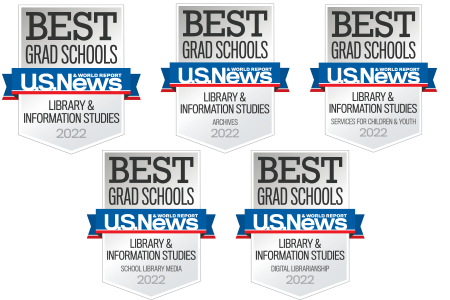
Simmons University is one of U.S. News and World Report’s top ranking schools of library and information science in the nation.
- The Master's in Library and Information Science is ranked 11th in the nation.
- Our Archives Management concentration is ranked 1st among Archives & Preservation programs.
- SLIS was also ranked 7th for Services for Children and Youth programs.
- Our School Library Teacher concentration ranked 9th among School Library Media programs.
- Our Cultural Heritage Informatics concentration ranked 13th among Digital Librarianship programs.
What will you learn?
Simmons’ Master of Library and Information Science program consists of 36 credit hours. The core curriculum provides a foundation of disciplinary knowledge in library and information science and prepares students for the electives that shape the concentrations and tracks. For more details, see our Library and Information Science course descriptions.
Through internships, site visits, and pre-professional work opportunities throughout Massachusetts and across New England, Library and Information Science students at Simmons gain experience in their fields. Library and Information Science students learn to
- integrate theory with practice;
- analyze information needs to create solutions by applying a variety of tools and technologies;
- ensure the organization, accessibility, and management of library and information resources; and
- create dynamic ways for a variety of users to interact with resources.
What can you do with a Master of Library and Information Science degree?
Our Library and Information Science students go on to a variety of successful careers as web developers, digital librarians, social media managers, school media specialists, and much more.
From Harvard University's libraries to Fortune 500 companies, Simmons' Master of Library and Information Science students are working in the top libraries and workplaces around the country. For more information about the various types of careers available to our graduates, please see our Careers page.
The following is a sampling of jobs Simmons’ Library and Information Science graduates reported obtaining within one year of graduation:
- Public Librarian
- Cataloging and Acquisition Librarian
- Adult Services Librarian
- Database Editor
- Business Development Specialist
- Director of Media and Professional Development
- Emerging Technologies Librarian
- Data Assets Manager
- Digital Initiatives Librarian
- Digital Curator
- Children's Librarian
- Requirements Analyst
- School Librarian and Media Specialist
- Legal Information Librarian
- Medical Librarian
- Metadata Librarian
- Market Insights Analyst
- University Archivist
- Senior Web Content Coordinator
Learn more about our Master of Library and Information Science degree!
Take advantage of what Boston has to offer while taking library science degree courses on a flexible schedule, with classes held on days, nights, and weekends. Or, join Simmons from far away—the option to complete the library science degree online provides the utmost flexibility for students from every corner of the world. Simmons allows students to achieve a successful and meaningful career and provides a powerful return on your educational investment.


